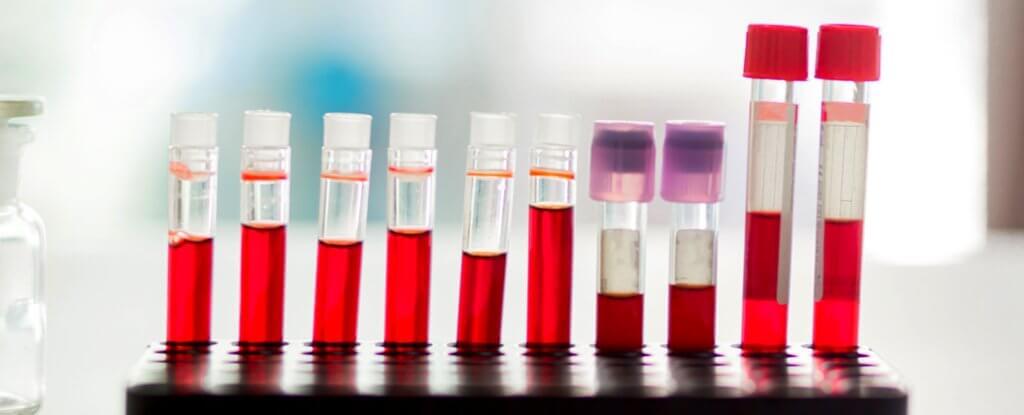Revolutionary blood test for Alzheimer’s can predict it 30 years ahead

Nothing is as painful as seeing your loved one slip into forgetfulness with every passing day. Alzheimer’s is a brutal disorder that snatches one’s memories and isolates them. There are shreds of hope that the person you loved might somehow come back but when those hopes are dashed as the disease worsens, you are left with insurmountable despair. However, medicinal advancements have surfaced which can help in early diagnosis of the disease and that, in turn, can help in better treatment and preventive care.
There are claims that a blood test could be able to detect the onset of Alzheimer’s 30 years ahead of time. The method of detection involves testing the presence of amyloid beta deposits in blood work that is one of the main drivers of the disorder. In a study conducted on 373 Australian and Japanese patients, the amyloid beta buildup was detected accurately in more than 90% of the cases.
Though doctors are still not sure on how Alzheimer’s develops, they are sure about the role of amyloid beta and another protein tau congregating before other symptoms like memory loss begin to surface. These proteins can develop as early as 20 to 30 years before the patient starts to lose memory. Currently, the disease is diagnosed only when its visible symptoms are noticeable, but the early detection of the above said proteins can prove to be a revolutionary breakthrough in treating it.

In an interview with Associated Press, lead researcher Colin Masters from the University of Melbourne in Australia said, “I can see in the future, five years from now, where people have a regular checkup every five years after age 55 or 60 to determine whether they are on the Alzheimer’s pathway or not”.
Comments
- Advertisement -

